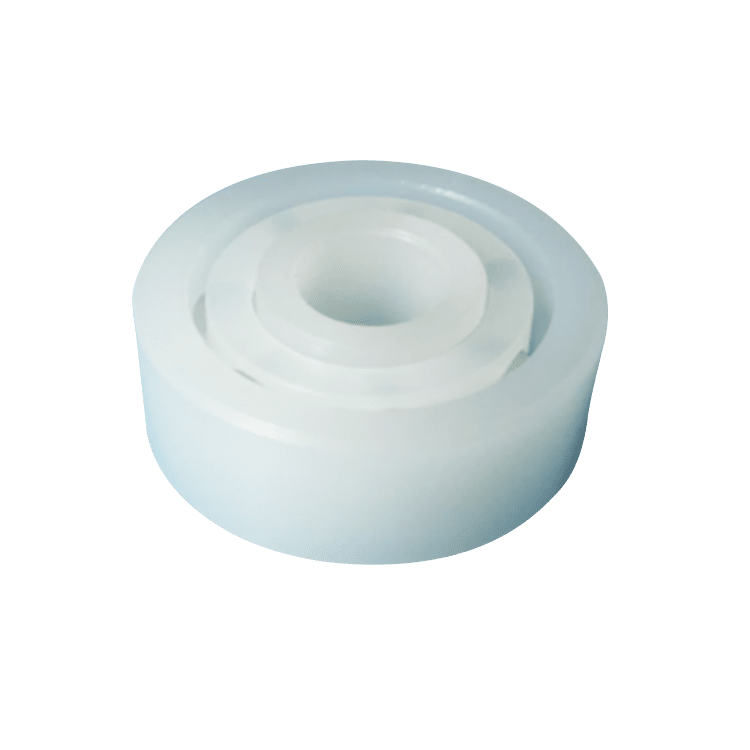Welcome to Tarso, professional special bearing manufacturer
Applications of Plastic Ball Bearings When plastic ball […]
Applications of Plastic Ball Bearings
When plastic ball bearings are used, they don't need special lubrication. In contrast, steel bearings can develop pitting and increase the coefficient of friction. These advantages make plastic bearings more suitable for use in wash-down, harsh chemical, and high-temperature applications. In addition, water can be used as a lubricant. Listed below are several applications of plastic bearings.
The first of these applications involves the construction of linear shafts that can support the balls. The lower-carbon steel is not suitable for the contact between balls and is typically used in combination with a polymer to prevent damage. The next application involves the use of steel ball bearings. These are tough, corrosion-resistant, and can be used for valves. Finally, steel balls are available in many varieties. High-carbon steels are the strongest and toughest. They are suitable for a range of applications, including aerospace and automotive safety devices.
Plastic ball bearings are an economical alternative to steel and ceramic balls. They feature a plastic cage and race and can be made from plastic, glass, or stainless steel balls. Stainless steel balls tend to be more expensive, while glass balls are a cheaper option. Glass balls are a good choice for applications where corrosion resistance is essential, as they offer excellent chemical resistance and are completely metal-free. The only downside of plastic ball bearings is that they can become magnetic. This can disrupt nearby materials.
Another application for plastic ball bearings is self-aligning. To achieve this, the outer ring must be spherical. The center of curvature of the bearing is matched to the outer ring. When these two are matched, the inner ring, ball, and retainer can freely rotate around the center of the bearing. This feature makes plastic ball bearings an excellent choice in some sophisticated devices.
As a non-metal-based material, plastic balls can resist extreme temperatures. This means that they're more durable than metal bearings. Plastic ball bearings are also corrosion-resistant and do not require external lubrication. The plastic material used for these bearings is typically a blend of base plastics and solid lubricants. The balls, on the other hand, are typically made of fiber, glass, or plastic.
Another common use for plastic ball bearings is in aerospace. PTFE has very low coefficient of friction and high self-lubricating properties. These qualities allow it to operate efficiently in extremely harsh environments. They are ideal for use in sluice gates, and they don't stick even after long periods of idle. It is important to note that PTFE bearings can withstand temperatures up to 500 degrees Fahrenheit.

Polypropylene (PP), also known as polypropene, is a thermoplastic polymer used in a wide variety of applications. It is used a lot for th bearing rings.
Structure & Size Range Of PP Anti-Acid & Alkali Plastic Bearing
Rings: PP
Rolling Element: glass ball
Cage: PP
Size Range: ID3mm or up
Advantage Of PP Anti-Corrosion Plastic Bearing
1. Chemical resistance
2. Heat resistance
3. Electrical insulation
4. High strength mechanical properties
5. Good wear resistance